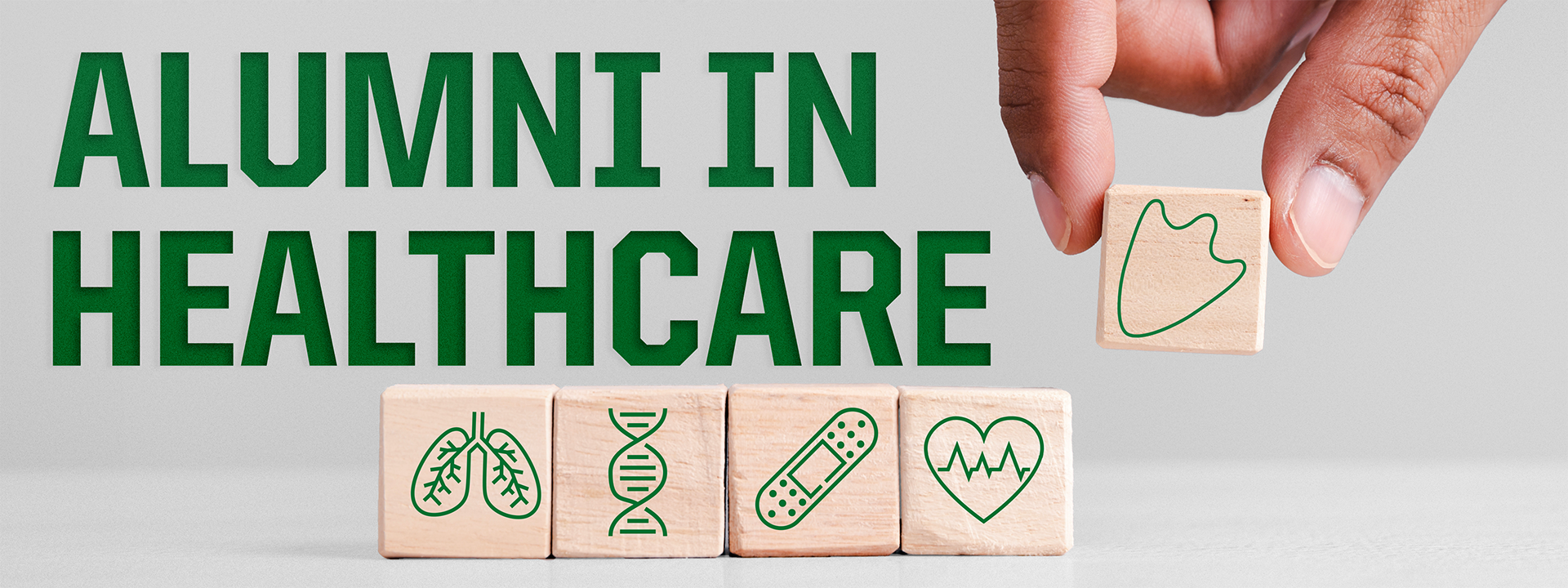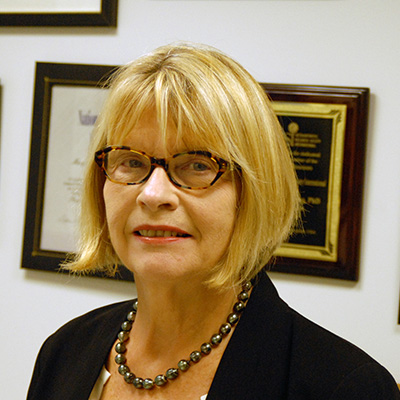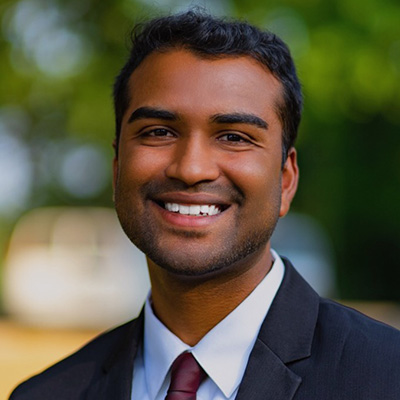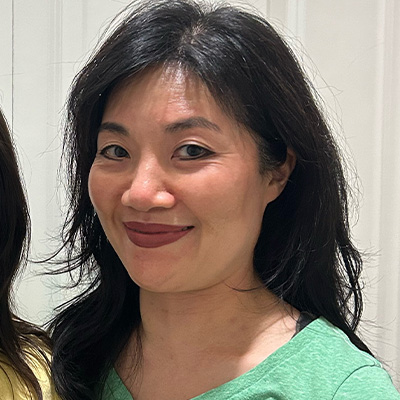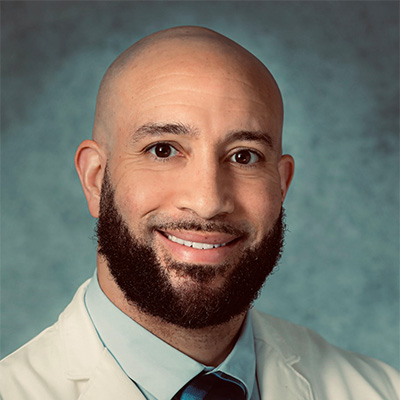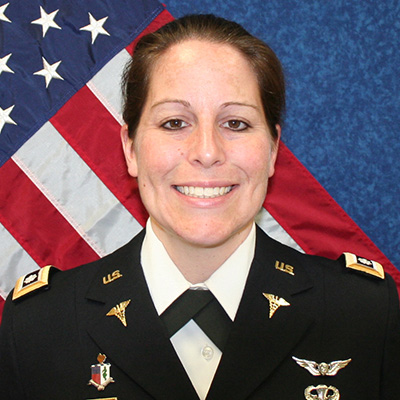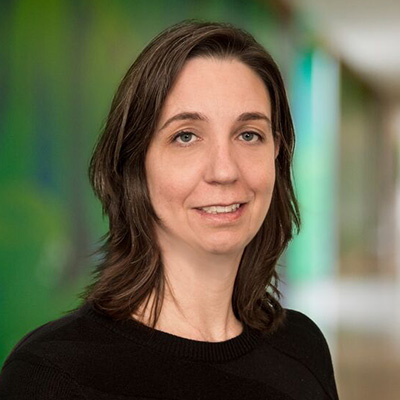Ducks of impact: Alumni in health care
By Aaron Ragan-Fore, MS ’08 (journalism)
Is there any more noble pursuit than easing the pain and suffering of others? For health care professionals who studied at the UO, compassion comes naturally.
The University of Oregon has a long history of excellence in the medical sciences and related disciplines. From programs in psychology and human physiology that center real-world, experiential learning in labs and clinics, to the 2020 launch of an undergraduate major in neuroscience, the UO inspires providers and researchers who heal and prevent ailments, prolong life, and increase the quality of life.
The UO holds a special distinction in the history of health care in the region: the university created one of the first medical programs in the Pacific Northwest, less than three decades after Oregon’s foundation as a state. Today, UO students, faculty, and alumni continue to introduce research breakthroughs and innovations in patient care.
For UO graduates, it’s never “Physician, heal thyself.” Like all Ducks, alumni working in the health sciences share a special bond, and are members of an extended community they rely upon.
UO History 101: University of Oregon Medical School
What's in a name?
Prospective students interested in the health sciences are sometimes surprised to learn that the University of Oregon has no medical school—not these days, at any rate. But Ducks can still feel proud of their impact on medical education and patient care in the Pacific Northwest. In fact, the highly-ranked, Portland-based Oregon Health & Science University grew from seeds planted by the UO.
About a decade after its 1876 establishment, the university chartered a medical school in Portland in 1887. In 1913, the UO and Willamette University merged their programs to form the University of Oregon Medical School, and four years later, established OHSU’s Marquam Hill location thanks to a land donation by the Oregon-Washington Railroad and Navigation Company and the family of newspaper publisher C.S. Jackson.
In 1974, the State of Oregon reformulated the medical school as an independent institution, the University of Oregon Health Sciences Center, and in 1981, it rebranded as the Oregon Health Sciences University. A slight name change in 2001 resulted in the addition of an ampersand and the name we know today: Oregon Health & Science University.
Today, the UO offers numerous majors designed to prepare rising healthcare professionals for life at OHSU and other medical schools, including anthropology, biochemistry, biology, chemistry, communication disorders and sciences, human physiology, multidisciplinary science, neuroscience, psychology, and sociology, not to mention minor programs in bioengineering, disability studies, global health, interdisciplinary cognitive sciences, and queer studies.
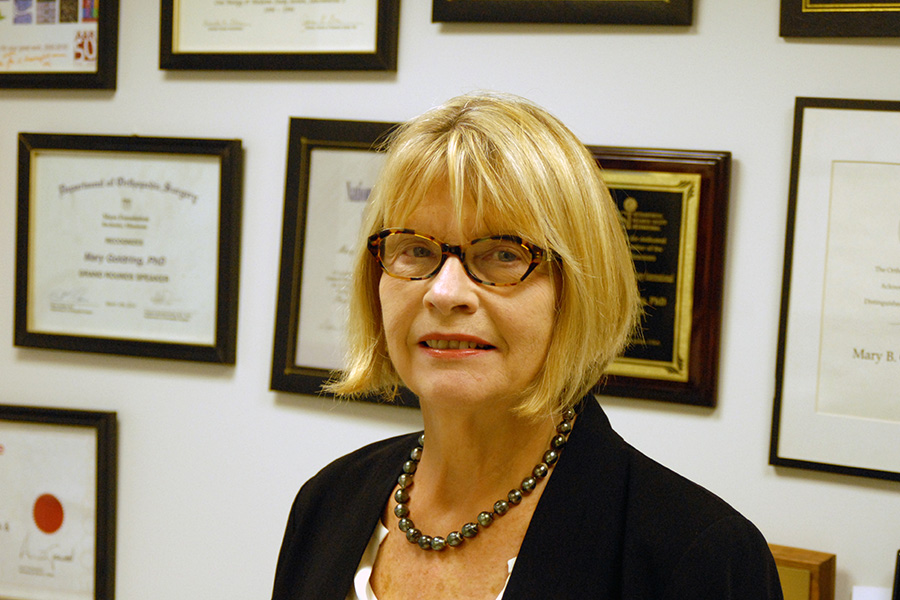
Mary Brennan Goldring, BA ’69 (biology)
Emeritus Senior Scientist at Hospital for Special Surgery and Professor at Weill Cornell Medical College, world expert on cartilage biology and molecular biology
In the mid-1960s, when it came time for young Mary Kathleen Brennan to select a university and leave her home in Reno, Nevada, she needed a little distance. The University of Oregon was the perfect fit.
“I wanted to go someplace that was too far to get home for the weekend!” she laughs.
Eventually, Dr. Goldring’s UO experience would open new horizons and lead her to travel throughout the world. In Eugene, she befriended students from other states and countries.
“I was very interested in meeting all kinds of people and expanding my friendships,” Dr. Goldring explains. “I think that’s the way I still am.”
Those experiences inspired her to serve in the Peace Corps in Peru after graduation and to obtain a PhD at the University of Sheffield in the United Kingdom, followed by a forty-two-year career as a National Institutes of Health-supported principal investigator with academic appointments from Harvard Medical School and Cornell.
Now in semi-retirement from her role as a world-renowned researcher of cell biology and genetics of cartilage changes that occur in osteoarthritis, Dr. Goldring still highlights personal connection as a guiding principle, noting that postdocs and students she mentored from Japan, Italy, Spain, France, and other nations have had successful research careers themselves—and remained her friends.
“I think the tradition that the University of Oregon carried of having international students in the different programs was something I appreciated in hindsight, but while it was happening I was just enjoying meeting people.”—Mary Brennan Goldring, PhD
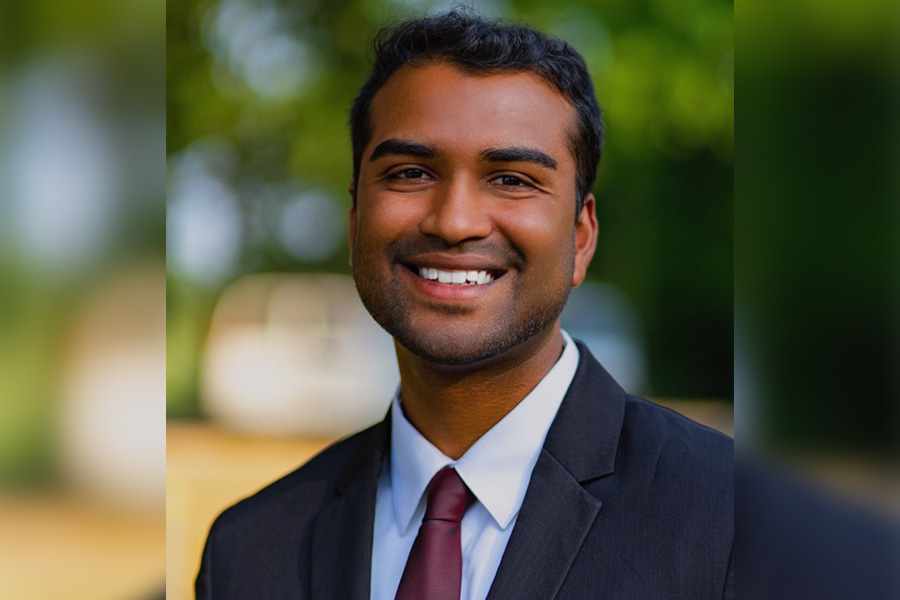
Vikas Mankala, BS ’17 (human physiology, biology)
Psychiatry Resident at Oregon Health & Science University
From a young age, Vikas Mankala knew he wanted to be a physician. His family followed his father’s job as a software engineer through successive moves, first from southeast India to Wales, then eventually to Salem, Oregon. He was attracted to the UO because of the Robert D. Clark Honors College, which would make for “a good supplement to [his] science courses,” Mankala explains.
At the UO, Mankala held teaching assistant positions in anatomy and biostatistics courses, somehow still pursuing a double-major. He looks back fondly on his occasional leisure moments playing frisbee on the Global Scholars Hall lawn.
Mankala also served on a campus outreach advisory board for the UO Counseling and Testing Center, with a focus on destigmatizing mental health. “That really provided the early footsteps to me pursuing a career in psychiatry,” he says.
Today, Mankala is a third-year psychiatry resident at Oregon Health & Science University. He spends most of his working hours in outpatient clinics at OHSU, and at Veterans Affairs and community clinics. He still makes time for extra service, however. It was the Robert D. Clark Honors College, which he describes as a “collaborative learning environment,” that informs his work now as a mentor to medical students entering residency.
“The community that I formed at the UO was more than I could ever ask for. I’m really thankful to be a Duck.”—Vikas Mankala, MD
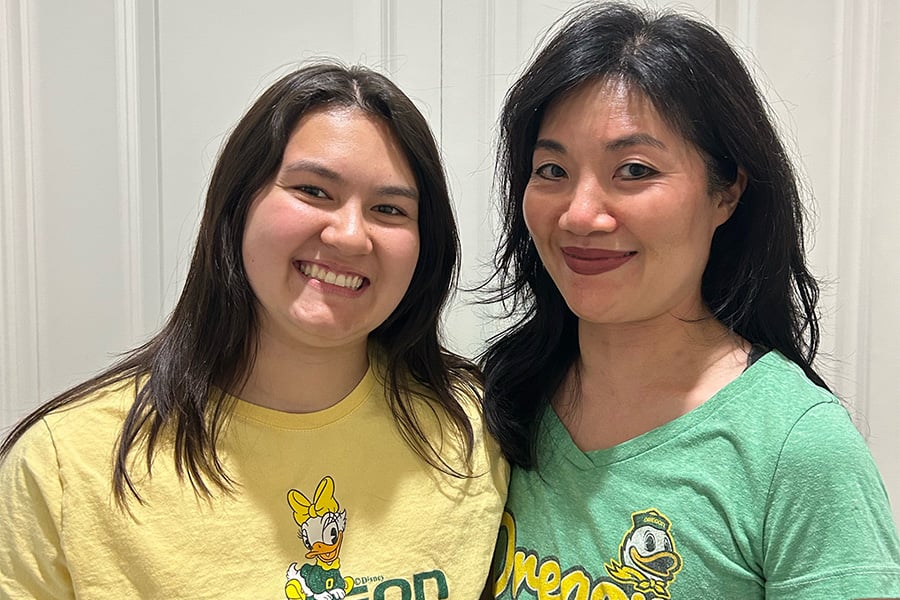
Kimberly Kisor, BS ’94 (general science)
Internal Medicine Specialist at Kaiser Permanente
Kimberly Kisor doesn’t like waiting around. After growing up in Aloha, Oregon, she began her UO undergraduate program early at age seventeen, and then, through hard work, graduated in just three years. She credits the nurturing environment of the UO campus for her speedy success.
“I was pretty competitive because I was driven,” Kisor says.
So driven, in fact, that she worked as a cleaner at UO Health Services while simultaneously volunteering at the Sacred Heart Medical Center ER. She even appeared as a model in a brochure for the UO Office of Admissions.
Kisor married her high school sweetheart soon after graduation, then her work ethic carried her to Oregon Health & Science University, where she completed her training, eventually specializing in internal medicine.
“I was just kind of made to do it,” she says of her profession. “Internal medicine is like puzzle solving. You always get a random set of symptoms and you have to find the answer.”
Kisor is enormously proud of her identical twin daughters. Kali is in school in Colorado, but daughter Kaylin, class of 2025, is following in her mother’s footsteps, studying human physiology at the UO and planning to earn her MD.
Kisor admires her children’s commitment to questioning the status quo and to equity and justice. Healthcare faces some big challenges, she says, but it’s young people like Kaylin who will provide “fresh eyes and a fresh outlook on what the focus should be.”
“I graduated in three years, and I couldn’t have done that if the UO wasn’t so supportive.”—Kimberly Kisor, MD
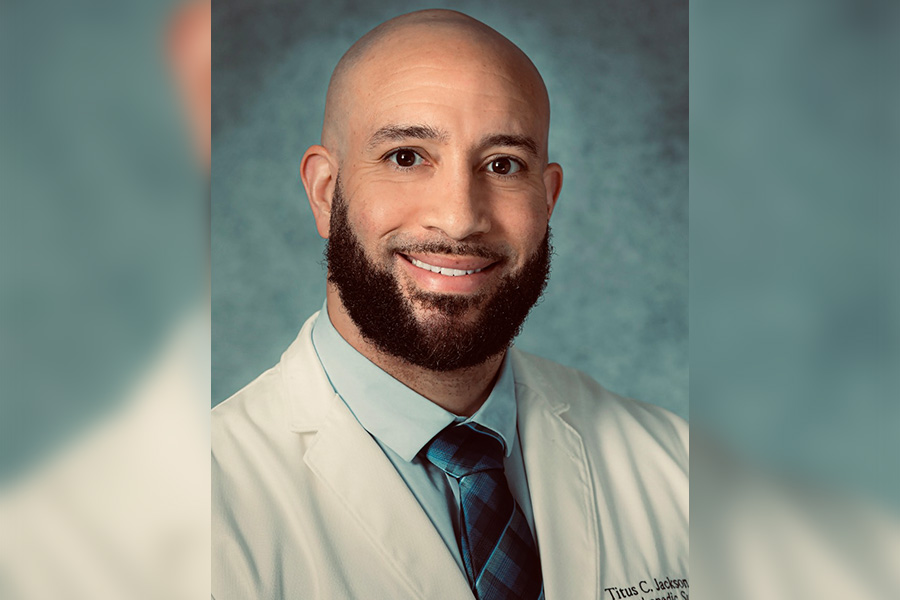
Titus Jackson, BS ’09 (human physiology)
Senior Physician Assistant in Orthopedic Surgery at Cedars-Sinai Medical Center
Football players, even the careful ones, tend to get injured. While playing defensive back for the Ducks during his undergraduate years, Titus Jackson spent his fair share of time at Eugene’s Slocum Center for Orthopedics and Sports Medicine. It was there, under the care of Dr. Rudolf Hoellrich and other athletic trainers, that Jackson found himself “intrigued by what type of injury [he had] and how to prevent [it] in the future.”
Now a certified physician assistant in Los Angeles focusing on orthopedic surgery, he points to his experiences at Slocum as strengthening his patient care.
“Orthopedics is one of those specialities where you can really see the fruits of your labor, sometimes immediately,” Jackson says, commenting that he loves “changing people’s lives with knee and hip replacements.”
He likens his Ducks days to his profession now.
“When you’re on the football field, you have to react, you have to make quick decisions,” Jackson says. “When you’re in the OR and something unexpected happens, you stay cool, calm, and collected.”
Jackson remains active, but these days he’s more likely to be found on the pickleball court or martial arts mat than the gridiron. He has also donated his time, visiting Eugene along with other former Ducks in healthcare, media, and other fields to counsel the new generation of UO athletes on post-graduation career plans.
“I was recruited by a lot of schools, and Oregon was unique in my experience, with a community like no other that supported the entire university.”—Titus Jackson, PA-C
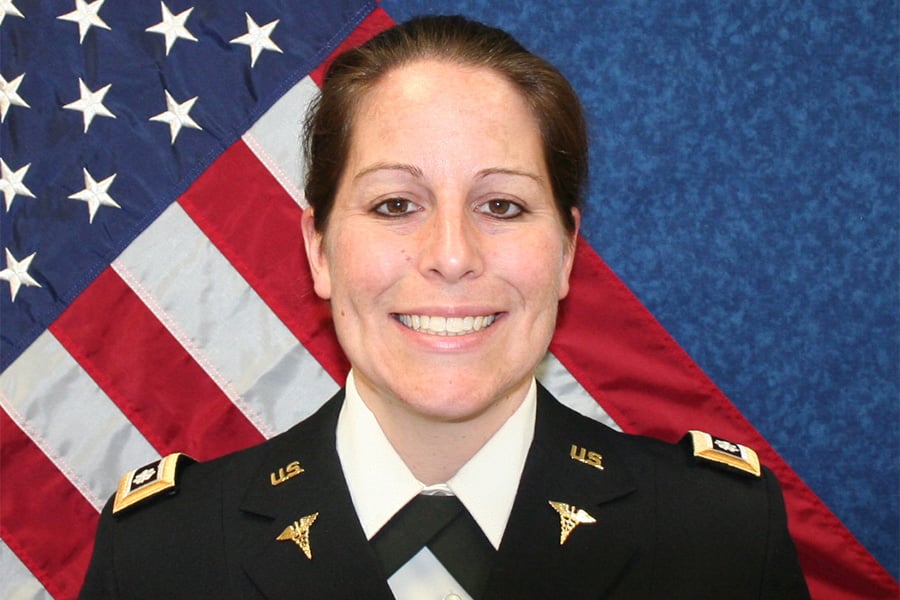
Chelsea Hamilton, BS ’02 (biochemistry)
Deputy Director for Medical Services at Alexander T. Augusta Military Medical Center, US Army Lieutenant Colonel
“I’ve been a Duck since before birth,” Chelsea Hamilton asserts, noting her father and brother attended the UO before her.
“We’ve always loved the Ducks,” she adds with a smile, “even in the hard years before football became good.”
A Eugene native, Hamilton selected the UO due to its “strong science and research” focus.
It was the UO’s Robert D. Clark Honors College, she says, that “enabled [her] to learn to write well, and to learn about world history.”
A self-professed “complete geek” while she was a UO student, Hamilton details how she worked as a housekeeper, served as a chemistry teaching assistant, and interned one summer in the neuroscience program.
After her UO graduation and medical school at Georgetown, Chelsea put her diverse skill set to use by completing two combat deployments to Afghanistan as a United States Army flight surgeon. Now promoted to Lieutenant Colonel, Dr. Hamilton remains humble about her skills and her job, stating, “It's an absolute honor to take care of the service members and their families that I care for in my practice.”
Dr. Hamilton remains busy in her personal life as well, playing keyboard in her church band. In addition, this year she’ll run her ninety-second marathon, and she’s excited to close in on an even 100.
Let’s hope those webbed feet don’t get in the way.
“I feel like the blend of the beautiful campus, beautiful science buildings, and one-on-one attention I got at the Clark Honors College has impacted my career.”—Lieutenant Colonel Chelsea Hamilton, MD
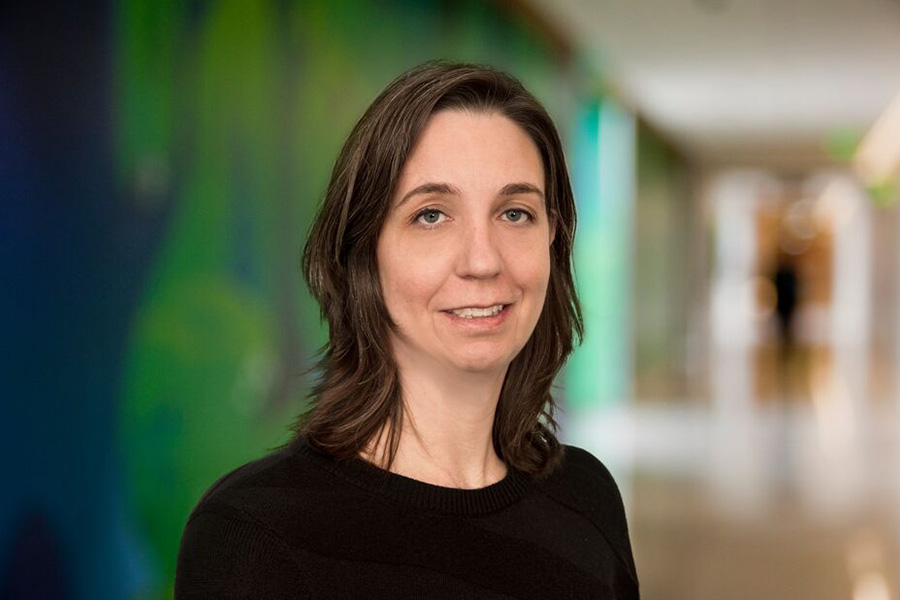
Aleksandra Petrovic, BS ’93 (biology)
Attending Physician, Cancer and Blood Disorders Center at Seattle Children’s and Professor, Department of Pediatrics, University of Washington School of Medicine
As a child in her native Belgrade, Yugoslavia, Aleksandra Petrovic enjoyed growing up in a multicultural environment that exposed her to the joys of practicing medicine. Her mother worked in the scientific exchange service at the United States Embassy, while her father was an ear, nose, and throat physician.
Petrovic “was definitely leaning toward medicine,” she says, by the time she was a high school exchange student. Compared with the high-rises of Belgrade, her new home in Springfield, Oregon, complete with farm animals, presented her with more culture shock in adjusting to its size than to American society. In addition, she quickly learned that the Oregon Coast does not often present the sunny, warm conditions she’d come to anticipate for American beaches!
Petrovic attended the UO through a community service program that offered in-state tuition to international students in exchange for promoting intercultural dialogue. She describes the UO’s advanced science coursework in microbiology, biochemistry, and molecular biology as “phenomenal,” and credits her experience in the neuroscience laboratory of psychology professor Barbara Gordon-Lickey for stoking her passion for medicine.
“She was very approachable, very down to earth, a brilliant scientist,” Petrovic says of Gordon-Lickey. “She was quite remarkable.”
Now, as a surgeon specializing in bone marrow transplantation for children with immunodeficiencies, Dr. Petrovic might be described as remarkable herself, having saved the lives of many children throughout her career. The most rewarding part of her job, she explains, is “seeing patients for years to come and ensuring they have normal childhoods.”
“For hardcore science like biology and chemistry, the UO was the strongest school in the region.”—Aleksandra Petrovic, MD


